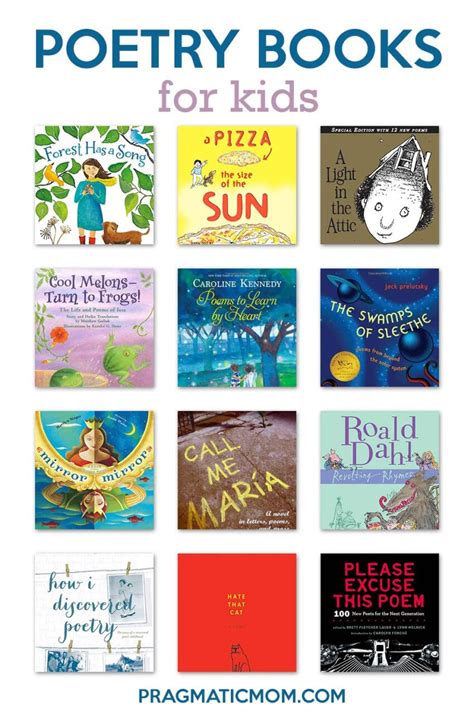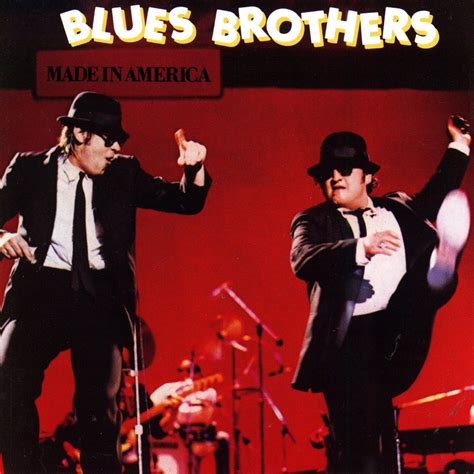The world of poetry is a vast and wondrous place, full of voices that echo through the ages, speaking directly to our souls. When we delve into the pages of a poetry book, we are met with a kaleidoscope of emotions, thoughts, and experiences that resonate deeply within us. Here, we’ll embark on a journey to explore 12 poetry books that have the power to inspire, to uplift, and to challenge our perspectives.
At the heart of poetry lies its ability to capture the essence of the human condition. It speaks to our joy and our sorrow, our love and our loss, our hopes and our fears. Through the carefully crafted words of poets, we find reflections of ourselves and the world around us. These reflections not only inspire personal growth and introspection but also foster a sense of community and understanding among readers.
1. “The Complete Poems of Emily Dickinson”
Emily Dickinson’s poetry is renowned for its unique style, exploring themes of death, love, and nature with profound insight. Her poems are like puzzles, layered with meaning, inviting readers to unravel their depths. Dickinson’s work is a testament to the enduring power of poetry to express the inexpressible and to connect with readers across centuries.
2. “Leaves of Grass” by Walt Whitman
Walt Whitman’s masterpiece, “Leaves of Grass,” is a celebration of the human body and spirit. It’s a poetic journey that embraces democracy, individuality, and the interconnectedness of all things. Whitman’s poetry is a call to embrace our true selves and to find beauty in the everyday world around us. His innovative free verse style paved the way for future generations of poets, making him one of the most influential figures in American literature.
3. “The Waste Land” by T.S. Eliot
T.S. Eliot’s “The Waste Land” is a modernist masterpiece that delves into the disillusionment and spiritual decay of society following World War I. This complex, allusive work challenges readers to reconsider their understanding of history, culture, and personal identity. Eliot’s use of fragmented narratives and diverse literary references reflects the chaos and disillusionment of the post-war era, offering a profound exploration of the search for meaning in a broken world.
4. “The Sun and Her Flowers” by Rupi Kaur
Rupi Kaur’s “The Sun and Her Flowers” continues the poet’s exploration of themes such as love, loss, trauma, healing, and feminism. Written in her signature concise and powerful style, this collection is a beacon of hope and resilience. Kaur’s work has inspired a new generation of readers and writers, demonstrating the continuing relevance and power of poetry to address contemporary issues and personal struggles.
5. “Citizen: An American Lyric” by Claudia Rankine
“Citizen: An American Lyric” by Claudia Rankine is a genre-bending work that combines poetry, essays, and images to explore the experiences of racism and blackness in America. This collection is a powerful testament to the ongoing struggle for equality and justice, offering a deeply personal and sociologically astute examination of what it means to be a citizen in a society fraught with racial tensions.
6. “The Collected Works of Langston Hughes”
Langston Hughes was a central figure in the Harlem Renaissance, and his collected works offer a comprehensive view of his poetic genius. His poetry captures the essence of African American life, from the struggles of racism to the beauty of jazz and the depths of personal longing. Hughes’ work is essential reading for anyone interested in the American experience, providing insights into the complexities of identity, culture, and social justice.
7. ” Ariel” by Sylvia Plath
Sylvia Plath’s “Ariel” is a collection of poems that showcase her intense personal struggle and artistic genius. Written in the last years of her life, these poems are characterized by their vivid imagery and profound emotional depth, offering a deeply personal and often disturbing exploration of mental health, motherhood, and mortality.
8. “Omeros” by Derek Walcott
Derek Walcott’s “Omeros” is an epic poem that weaves together the history and mythology of the Caribbean with the personal narrative of the poet. This work is a testament to the power of poetry to explore identity, culture, and the human condition in a global context. Walcott’s use of Homeric references alongside Caribbean folklore and history creates a rich tapestry of narratives, reflecting the complex cultural heritage of the region.
9. “Bright Dead Things” by Ada Limón
Ada Limón’s “Bright Dead Things” is a poignant collection that explores the intersections of love, nature, and personal identity. Her poetry is known for its accessible yet profound exploration of what it means to be alive and to find beauty in the mundane. Limón’s work is characterized by its lyricism and introspection, offering readers a deeply personal and relatable exploration of the human experience.
10. “Home Body” by Rupi Kaur
Rupi Kaur’s “Home Body” is her latest collection, continuing her exploration of love, family, and healing. This book is a powerful exploration of the self and the spaces we inhabit, physically and emotionally. Kaur’s concise and evocative style makes her poetry highly accessible, allowing readers to reflect on their own experiences of love, loss, and self-discovery.
11. “The BreakBeat Poets” edited by Quraysh Ali Lansana, Arturo Mantilla, and Nate Marshall
“The BreakBeat Poets” is an anthology that showcases the work of contemporary poets from diverse backgrounds. It’s a vibrant collection that captures the spirit of hip-hop and spoken word, exploring themes of identity, social justice, and personal empowerment. This anthology is a testament to the dynamic and evolving nature of poetry, reflecting the diversity and creativity of contemporary poetic voices.
12. “Dearly” by Margaret Atwood
Margaret Atwood’s “Dearly” is a collection that encompasses a wide range of themes and styles, from love poems to poems of social commentary. This work showcases Atwood’s mastery of language and her ability to inspire readers with her wisdom and wit. Atwood’s poetry is characterized by its intelligence, humor, and profundity, offering readers a rich and nuanced exploration of the human condition.
In conclusion, these 12 poetry books offer a diverse and inspiring journey through the world of poetry. Each collection, in its unique way, challenges readers to see the world from new perspectives, to embrace the complexities of the human experience, and to find solace and inspiration in the beauty and power of poetry. Whether exploring classic works or contemporary voices, the world of poetry remains a vibrant and essential part of our cultural and personal landscapes.
How can I use poetry as a tool for personal growth and introspection?
+Poetry can be a powerful tool for personal growth and introspection by offering insights into the human condition, encouraging empathy, and providing a creative outlet for expressing emotions and experiences. Reading and writing poetry can help individuals process their thoughts and feelings, gain new perspectives, and develop a deeper understanding of themselves and others.
What role does poetry play in addressing social justice issues?
+Poetry has long been a powerful medium for addressing social justice issues, offering a platform for voices that might otherwise be silenced or overlooked. Through poetry, individuals can express their experiences of marginalization, advocate for change, and raise awareness about critical social and political issues. The impact of poetry in this context lies in its ability to inspire empathy, spark dialogue, and mobilize action towards creating a more just and equitable society.
How can I get started with reading and appreciating poetry if I'm new to it?
+Starting your poetry journey can be as simple as picking up a collection that resonates with you. Look for poems and poets that speak to your interests or current mood. You might also consider joining a book club or finding an online community to discuss poetry, which can provide valuable insights and help deepen your understanding and appreciation of poetic works.
As we explore these poetry books and the world of poetry at large, we are reminded of the profound impact that words can have on our lives. Poetry, with its unique ability to capture the essence of the human experience, stands as a testament to the power of language to inspire, to educate, and to connect us all. Whether through the timeless classics or the vibrant voices of contemporary poetry, this art form continues to play a vital role in our personal and collective journeys, offering us a mirror to our souls and a bridge to the hearts of others.


